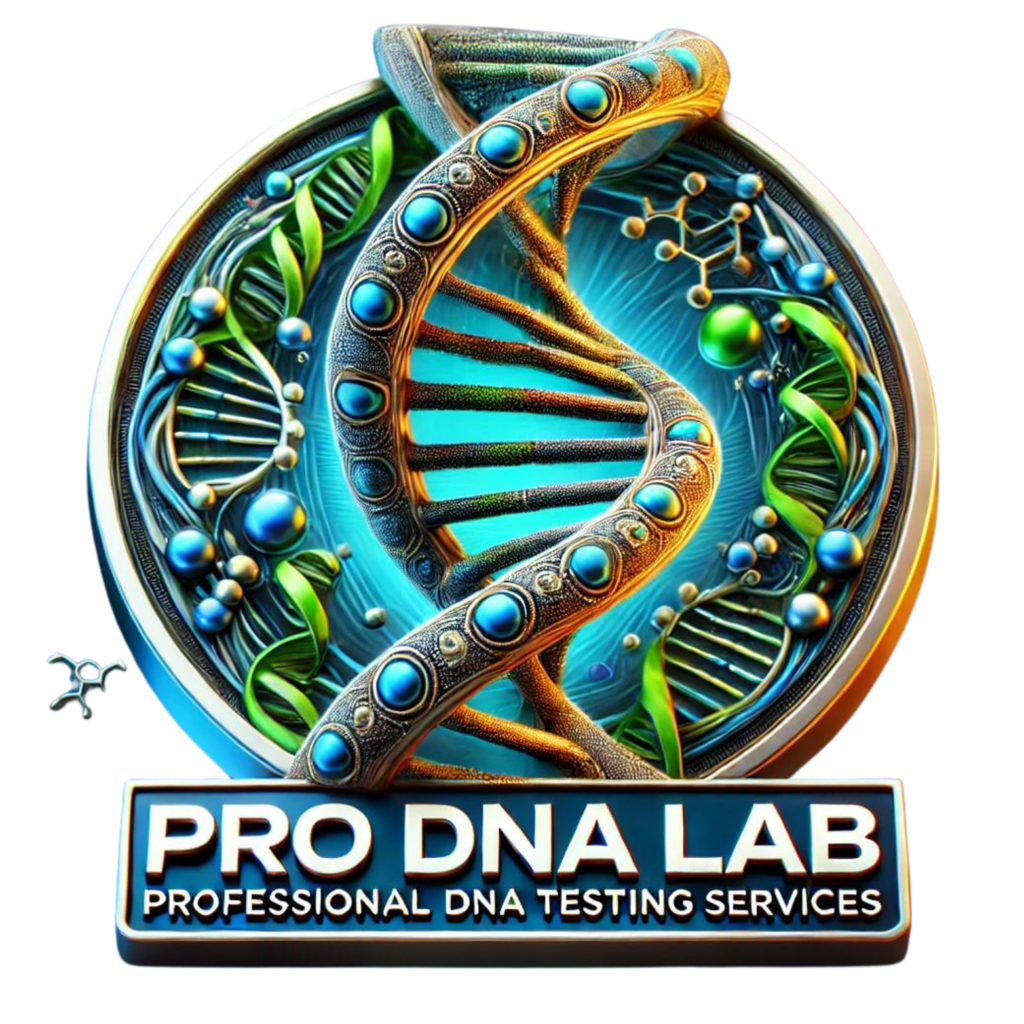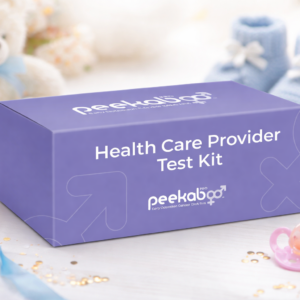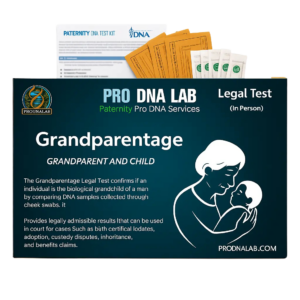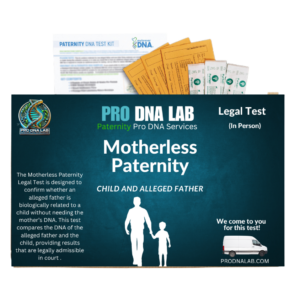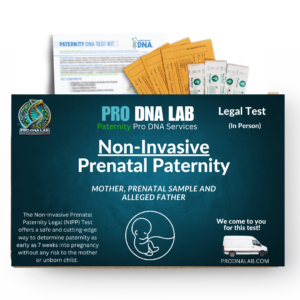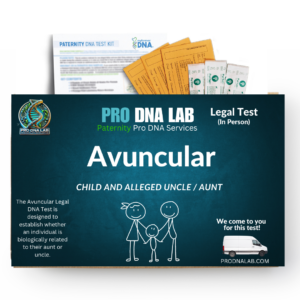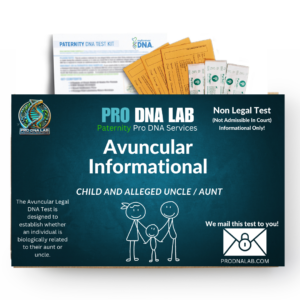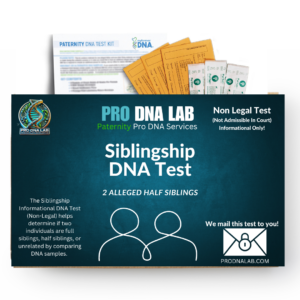# 10 Essential Genetic Tests to Consider During Pregnancy
Are you expecting a little bundle of joy? Congratulations! Pregnancy is an exciting time filled with anticipation and preparation. One important aspect of preparing for your baby’s arrival is considering genetic testing. Genetic tests can provide valuable information about your baby’s health and help you make informed decisions about any potential risks. In this blog post, we will discuss 10 essential genetic tests to consider during pregnancy.
## 1. NIPT Test (Non-Invasive Prenatal Testing)
One of the most commonly recommended genetic tests during pregnancy is the NIPT test. This is a non-invasive blood test that can be done as early as 10 weeks into your pregnancy. It screens for chromosomal abnormalities, such as Down syndrome, trisomy 18, and trisomy 13. NIPT is considered highly accurate and has a low risk of miscarriage compared to other invasive tests.
## 2. Prenatal Glucose Test
Gestational diabetes is a common condition that occurs during pregnancy. It is important to screen for this condition as it can have serious implications for both the mother and the baby. The prenatal glucose test is a simple blood test that measures your blood sugar levels. It is usually done between 24-28 weeks of pregnancy.
## 3. Genetic Screening Test
A genetic screening test is a broad term that encompasses different types of tests, including the NIPT test. These tests can also screen for other genetic conditions, such as cystic fibrosis, sickle cell disease, and spinal muscular atrophy. Your doctor may recommend a genetic screening test based on your family history or ethnicity.
## 4. Non-Stress Test (NST)
Towards the end of your pregnancy, your doctor may recommend a non-stress test (NST). This test measures the baby’s heart rate and movement to assess their overall well-being. It is a non-invasive and painless test that usually takes about 20-30 minutes.
## 5. Genetic Scan
A genetic scan, also known as a fetal anomaly scan, is an ultrasound that is performed between 18-22 weeks of pregnancy. It checks for any structural abnormalities in the developing baby, such as cleft palate, heart defects, or spina bifida.
## 6. Neonatal Stress Test
Similar to the NST, the neonatal stress test (NST) is used to monitor the baby’s heart rate and movement. However, this test is typically done if you have a high-risk pregnancy or if there are any concerns about the baby’s well-being.
## 7. Paternity Test
If you have any doubts about the paternity of your baby, you can opt for a paternity test during pregnancy. This can be done through amniocentesis or chorionic villus sampling (CVS), both of which are invasive procedures. It is important to discuss the risks and benefits of these tests with your doctor before making a decision.
## 8. Prenatal DNA Testing
Prenatal DNA testing is a type of genetic screening that can be done as early as 9 weeks into your pregnancy. It screens for genetic disorders and chromosomal abnormalities, such as Down syndrome, trisomy 18, and trisomy 13. Prenatal DNA testing is a non-invasive option and has a high accuracy rate.
## 9. Prenatal Paternity Test
Similar to the paternity test, the prenatal paternity test can be done during pregnancy to determine the paternity of the baby. This test is also done through amniocentesis or CVS and has a high accuracy rate.
## 10. Preconception Genetic Testing
Lastly, it is important to consider genetic testing before pregnancy. This can help identify any potential risks and allow you to make informed decisions about your family planning. Preconception genetic testing can also be helpful for couples with a history of genetic disorders or if one partner is a carrier of a genetic condition.
## Book a Test with ProDnaLab Today
At ProDnaLab, we offer a wide range of genetic tests for pregnant women. Our tests are highly accurate, non-invasive, and can provide valuable information about your baby’s health. We also offer preconception genetic testing for couples planning for pregnancy. Book a test with us today and ensure a healthy start for you and your baby.

